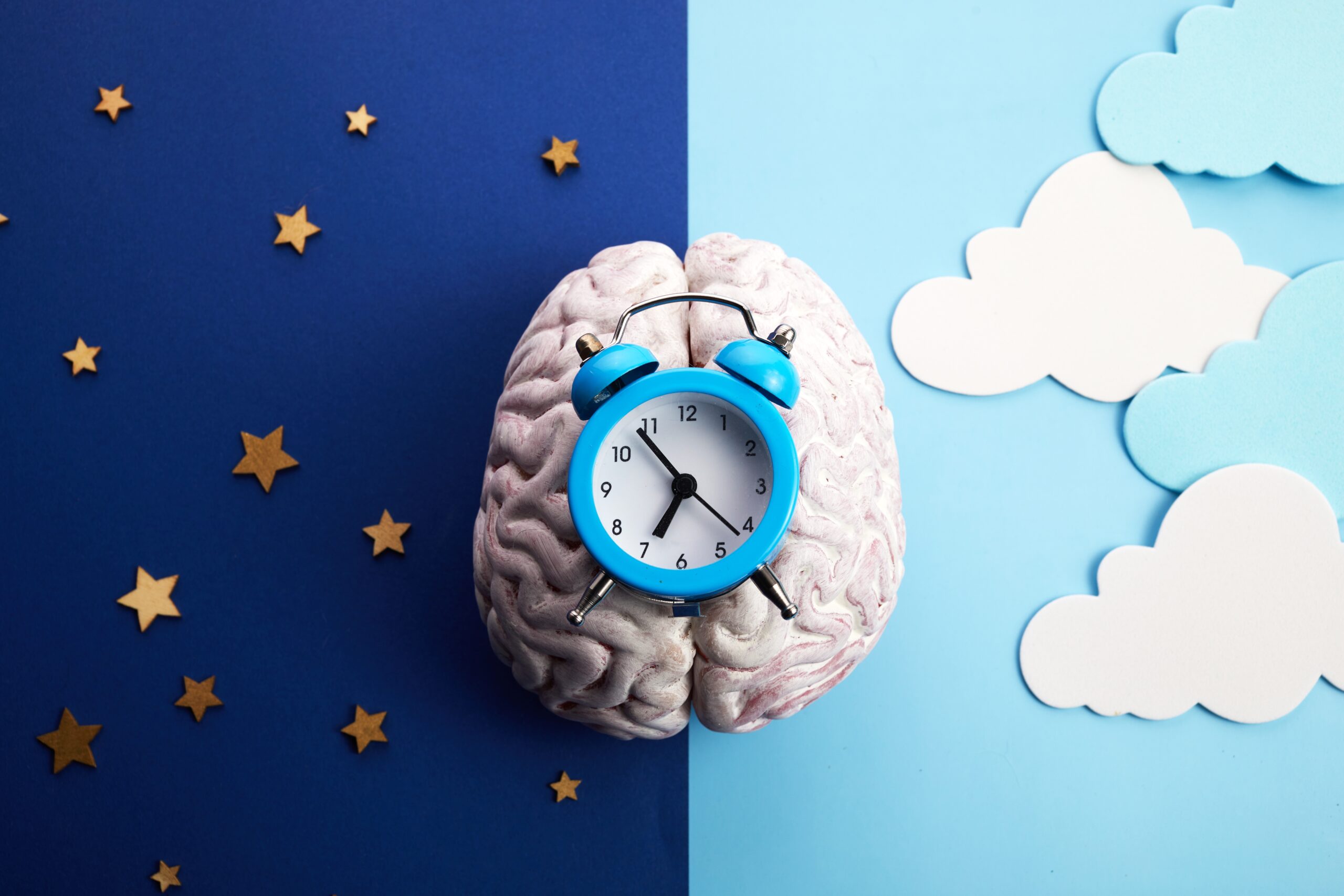by Julia Scuderi
Do you have trouble finding energy throughout the day? Debating whether to go on another coffee run? Unfortunately, caffeine can all too easily become a part of your daily routine. This certainly isn’t a bad thing, but instead of relying on caffeine as a temporary fix for consistent fatigue, eliminate the problem once and for all. Implementing simple daily practices and healthy foods can give you long-lasting energy. Here are five ways to increase energy levels without caffeine.
Drink Plenty of Water
If you aren’t drinking water throughout the day, you’ll likely find your energy diminishing. Water is the most natural nutrient that has been shown to give the highest levels of energy. When someone isn’t getting enough water, their body has to work harder to make up for its absence. A 2015 study found that more than one in 10 people who visit the doctor for chronic exhaustion are actually just dehydrated. It is recommended that women drink around 2.7 liters for optimal health and energy, and men drink approximately 3.7 liters of water per day.
Eat for Energy
If you don’t put the right fuel in your car, it won’t run correctly. The same goes for the human body: you won’t have an ideal amount of energy if you don’t consume energy-inducing foods. Start by avoiding foods that are processed or high in sugar; these will only provide a short boost and will likely leave you feeling fatigued afterward. The best foods for long-lasting energy are proteins and whole grains. Some examples of proteins include fish, poultry, nuts, eggs, milk, cheese and lean red meat. Sources of whole grains include oats, whole wheat, brown rice, whole rye, and barley. These are sufficient foods to meet your hunger and energy needs.
Regular Exercise
Aren’t into working out? Don’t worry! Individuals often interpret the word “exercise” to mean going to the gym or engaging in an intense workout session. In reality, exercise can mean a plethora of things. This includes activities such as shoveling snow, going on a brisk walk or mowing the lawn. Some more intense activities include going on a run, playing pick-up sports or weight training. In the moment, exercise makes you tired, but the lasting effects of exercising regularly result in higher amounts of energy. In addition to adding energy to your life, exercise improves your overall health. Whether you go to the gym, take a daily walk or mow the lawn, it’s all beneficial. The human body does not care about how you exercise; it only cares that you do it.
Control Stress Levels
Believe it or not, emotions caused by stress consume large amounts of energy. Reducing stress levels can be very helpful for gaining daily energy. Supplements such as lemon balm are an effective way to reduce stress. Lemon balm is a perennial herb from the mint family; it was traditionally used to improve mood and cognitive function, but recent studies have found lemon balm to be effective in reducing stress. Ashwagandha, also known as Withania Somnifera, is another useful supplement. It is an ancient medicinal herb classified as an adaptogen, meaning it helps the body deal with stress. Ashwagandha is a helpful way to decrease stress and raise the overall quality of life. Another helpful supplement is green tea. Green tea contains many polyphenol antioxidants, including theanine, associated with a reduction of stress and anxiety.
Simply spending time with friends and family is another way to lower stress. A sense of belonging comes from being part of a friend network, which can help you get through stressful times and reduce your risk of anxiety. Yoga is another effective way to decrease stress and be a popular form of exercise among all age groups. Yoga is set apart from other forms of exercise because it aims to bring the body and mind together through increased body and breath awareness.
Check Your Iron
If you find yourself constantly feeling fatigued yet know you’re getting enough sleep every night, you may need to get your iron checked. Those who are anemic are naturally likely to be fatigued due to low iron levels. However, many people don’t know that even slightly low levels of iron can leave anyone feeling exhausted. Other iron deficiency symptoms include a weakened immune system, irritability, frequent injury and a higher-than-normal heart rate while exercising. If you feel you may have low iron, consult with your doctor, and try to get plenty of iron in your diet. It is recommended that men get around 8 mg daily and women get around 18 mg. You can eat many foods to increase your iron, such as red meat, pork and poultry, seafood, beans, dark leafy vegetables, spinach, dried fruit, peas and more. Not only is iron essential in giving the body energy, but it also has many other health benefits, so go pump that iron!
And it should go without saying—the amount and quality of sleep you are getting every night is, of course, a huge contributor to your energy levels. An adequate amount of sleep is crucial to your overall health and energy.








Leave A Comment